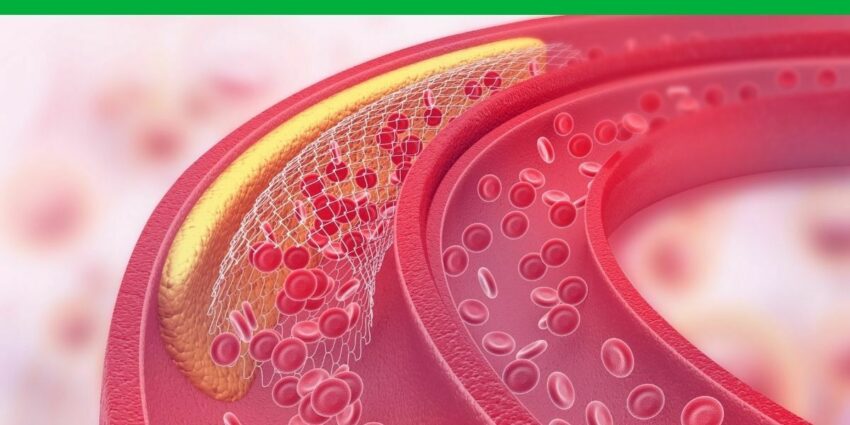
Taking control of your health: Managing cholesterol levels
Post Date - Sep 14, 2023
CDL-A drivers: Did you know that one in three U.S. adults deal with high cholesterol? And that high cholesterol is directly linked to developing heart disease? At Ascend, your health is our top priority. Here’s all the info you need to know about cholesterol levels and how to manage them.
What is cholesterol?
Cholesterol is a waxy substance produced by the liver that is used to build cells and produce vitamins and hormones. Your body needs cholesterol to function but having a balance of “good” high-density lipoprotein (HDL) and “bad” low-density lipoprotein (LDL) cholesterol is important. HDL is considered the “good” kind of cholesterol because it carries cholesterol to the liver which is then filtered out of your bloodstream before it can clog your arteries. LDL cholesterol, however, is considered “bad”, as it takes cholesterol straight to your arteries where it sticks and is not filtered out properly.
You see, our bodies already produce all the cholesterol we need, so any additional cholesterol we ingest through food and drink ends up in our blood vessels; low-density lipoproteins (LDL) try to carry any “bad” cholesterol to our liver, but it ends up accumulating in arteries, clogging up blood vessels, and prohibiting proper blood flow, which can result in medical conditions like a heart attack, heart disease, or stroke.
Am I at risk?
Unfortunately, there are no outward telltale symptoms of high cholesterol. A blood test is the only way to ascertain if you are suffering from high cholesterol. Levels are measured in milligrams of cholesterol (mg) per deciliter (dL) of blood and can change depending on age and gender. Generally, total cholesterol should be less than 200 mg/ dL; LDL should be less than 100 mg/dL; and HDL should be 40 mg/dL or higher.
Your risk of having high cholesterol depends on factors that you can and cannot control. Lifestyle factors that can increase your risk of high cholesterol are:
- Having a diet high in saturated/trans-fat
- Not getting enough exercise and being overweight (LDLs can increase and HDL levels can decrease)
- Smoking
Factors out of your control that increase your risk for high cholesterol, include:
- Genetics
- Age and gender - LDL levels increase with age and men tend to have lower HDL levels at any age when compared to women
You should regularly get your cholesterol levels checked. If you are screened and the results indicate high cholesterol, your primary care physician can decide on a treatment plan that is suited to your exact needs. You can also enact some healthy lifestyle habits to better support healthy cholesterol levels.
How do I manage it?
The good news? There are ways to control your blood cholesterol levels. Here are four of the best ways to improve your cholesterol levels:
1. Shed the pounds - It may be overwhelming but losing extra weight – even just 10% of your weight - can make all the difference and improve your heart health.
2. Get active. Health professionals recommend that adults who want to lower their cholesterol get 150 minutes of exercise weekly, which is just 30 minutes daily!
3. Eat well - Incorporate heart-healthy foods into your diet (think high-fiber foods like whole grains, poultry, fish, nuts, fresh fruits/veggies!)
4. Quit smoking - Quitting can dramatically raise your HDL levels!
Getting your cholesterol levels in check is the first step to a long and fulfilling life! And joining Ascend’s team of CDL-A drivers is the first step to a long and fulfilling truck driving career. Connect with us today to learn more.
Sources: